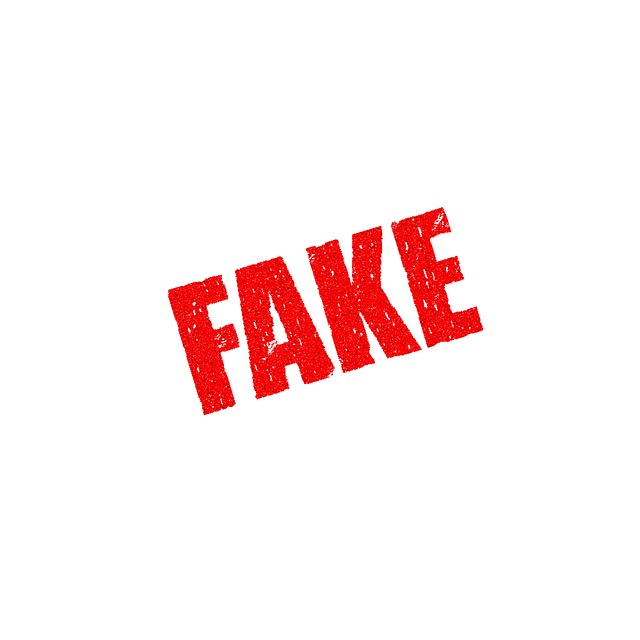A Springer Nature journal has retracted a paper sourced from a paper mill – not an uncommon occurrence nowadays. What adds a bit of intrigue is that the manuscript was submitted with a fake email address to keep the alleged corresponding author from knowing about it.
The paper, “Electrophysiological Follow-Up of Patients with Chronic Peripheral Neuropathy Induced by Occupational Intoxication with n-Hexane,” was published in Cell Biochemistry and Biophysics on May 23, 2014 and has been cited 14 times, according to Clarivate Analytics’ Web of Science.
Here’s the notice:
The Editor-in-Chief has retracted this article at the request of the corresponding author. Concerns were raised regarding the authorship of the article and the source of the data. The first author Cheng Wang admitted to including the corresponding author Zengtao Wang in the paper without their agreement and obtaining the article from a third party. The authors have confirmed that Zengtao Wang was unaware of the study until after publication.
All authors agree to this retraction.
How could a manuscript be submitted without a corresponding author’s knowledge. A spokesperson for the journal told us:
The investigation established that a fake email address was provided for the corresponding author. It is not possible for us to confidently confirm the origin of that email address. Further information about the findings of the investigation is detailed in the retraction note.
Our database contains nearly 500 papers retracted for forged authorship.
Like Retraction Watch? You can make a one-time tax-deductible contribution by PayPal or by Square, or a monthly tax-deductible donation by Paypal to support our work, follow us on Twitter, like us on Facebook, add us to your RSS reader, or subscribe to our daily digest. If you find a retraction that’s not in our database, you can let us know here. For comments or feedback, email us at [email protected].
